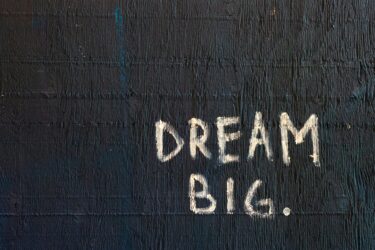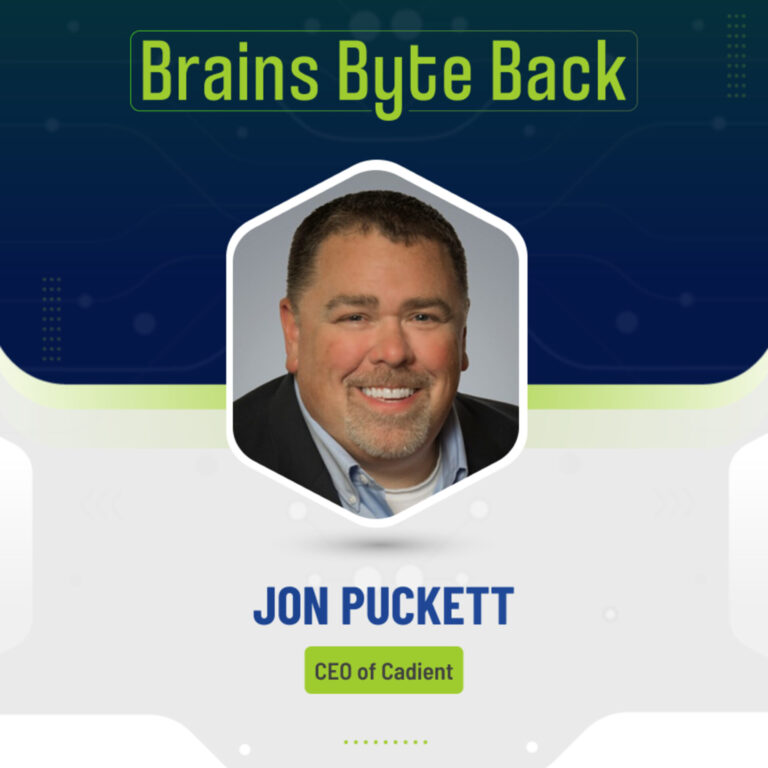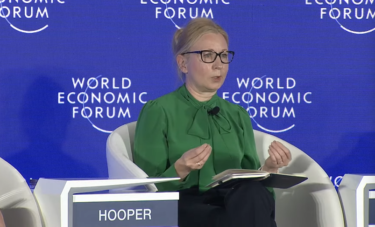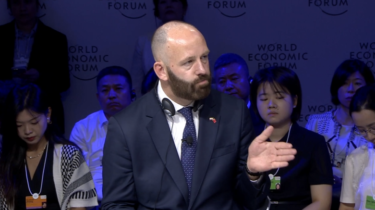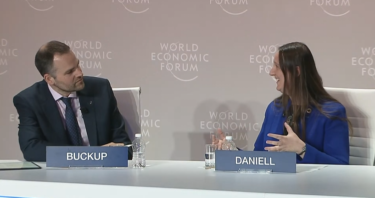During a college graduation party in 2015, Luis Perez listened as several classmates complained about their tight schedules for moving out of their student housing while also studying for midterms. So Perez, originally from Venezuela but studying in the United States, offered to pick up their stuff, store it, and even sell the junk they didn’t want.
That initiative quickly turned into his startup, Remoov, which now converts belongings that will no longer be used into items for sale or donation, keeping much of it out of harmful landfills.
“At a party a week before graduation I heard over and over again several of my classmates say that they had had a crazy week with exams and had no idea how they were going to empty their houses and move out at the end of the week when the semester was over,” Perez said.
By helping his classmates with their moves, he also realized that he had a chance to make an impact on the environment too. Waste is responsible for 20% of all methane gas emissions, while 25% of greenhouse gas emissions come from the manufacture of new products.
His initial project soon evolved into something bigger.
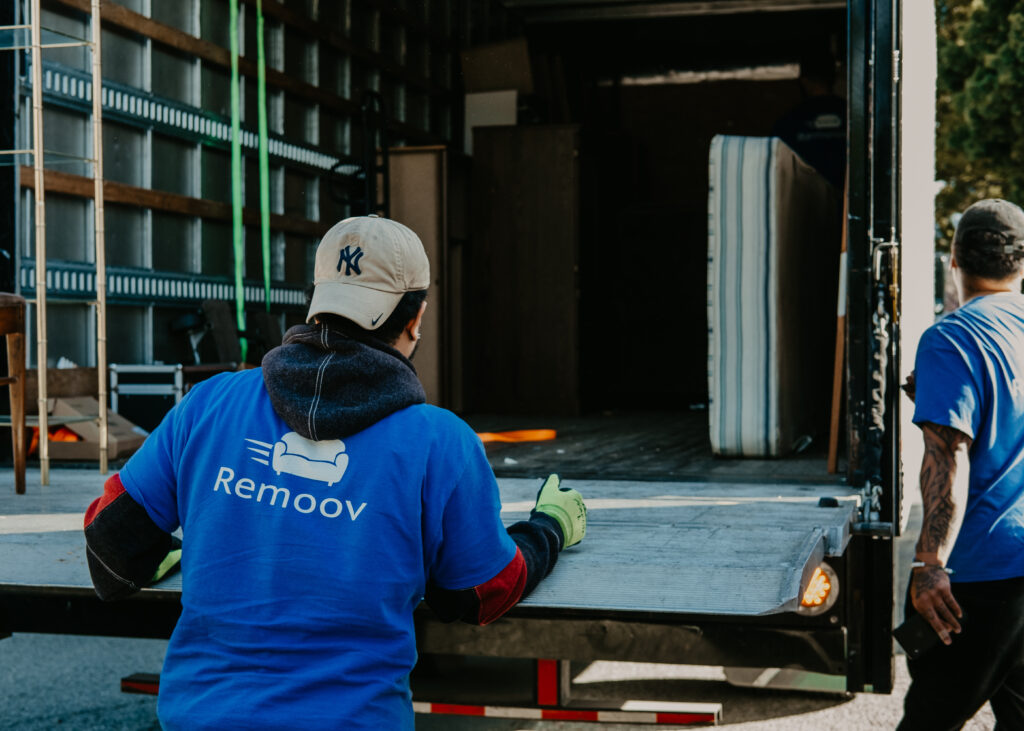
“The following year, when we started advertising the service, we began to receive interest from traditional residential customers: people moving, redecorating or needing to liquidate an estate,” Perez explained. “We spent the next few months talking to these customers to understand their problems and needs and began to build Remoov into what it is today.”
Perez also soon identified other channels for revenue. He noticed that real estate agents — notoriously well-connected to all kinds of services for their clients — were in need of someone who could help their listings move stuff out of their homes, as quickly as possible. He saw that Remoov could become a vehicle to alleviate the stress of a move and began to contact realtors.
Over the years, the company invested in implementing technology that streamlines the moving process even further. The startup helps customers get rid of their furniture and belongings in just a few clicks of the mouse or smartphone keypad.
After taking photos of the items, Remoov’s technology takes care of the initial sorting for sale, donation or recycling. Much of it is resold on Remoov’s e-commerce marketplace or to other used goods companies such as Chairish, thus recovering the value of the old items.
An immigrant founder success story
An immigrant from Venezuela, Perez credits his background for his drive to build a startup. “I believe that, like most immigrants, resilience is a key and crucial trait to create a company,” he said. “The ability to take risks and not give up is fundamental when creating a company, especially in a new field.”
He added that growing up in Venezuela, “you learn to be very resourceful and look for ways to solve problems in often chaotic conditions.”
Perez was born in the capital of Venezuela, Caracas, where he spent part of his childhood until 1998, when he moved to the United States in order to further his education and entrepreneurial ambitions.
Extracting value from old and used goods can be cumbersome. It’s a tough job, but Perez knows, somebody’s gotta do it. And why not him?
He highlights other resale marketplaces such as Craigslist and Facebook Marketplace as competitors, but these are generally more time consuming, do-it-yourself solutions. Others like Junk King or 1-800-GOT-JUNK also try to keep items out of the landfill as much as possible.
With Remoov, Perez has made a truly easy-to-use tool. Customers submit images and descriptions of the items they wish to rid themselves of through the company’s easily navigable website. Within a short span, Remoov provides an estimate indicating which items can be resold or donated, and which should be disposed of.
Clients can then schedule a pick-up appointment via a provided link. Remoov not only sells items on its own online platform but also utilizes other marketplaces like Reverb for music items and Chairish for furniture. Perez stated that their aim is to specialize in the secondary goods market, determining items’ value and the appropriate sales channels automatically.
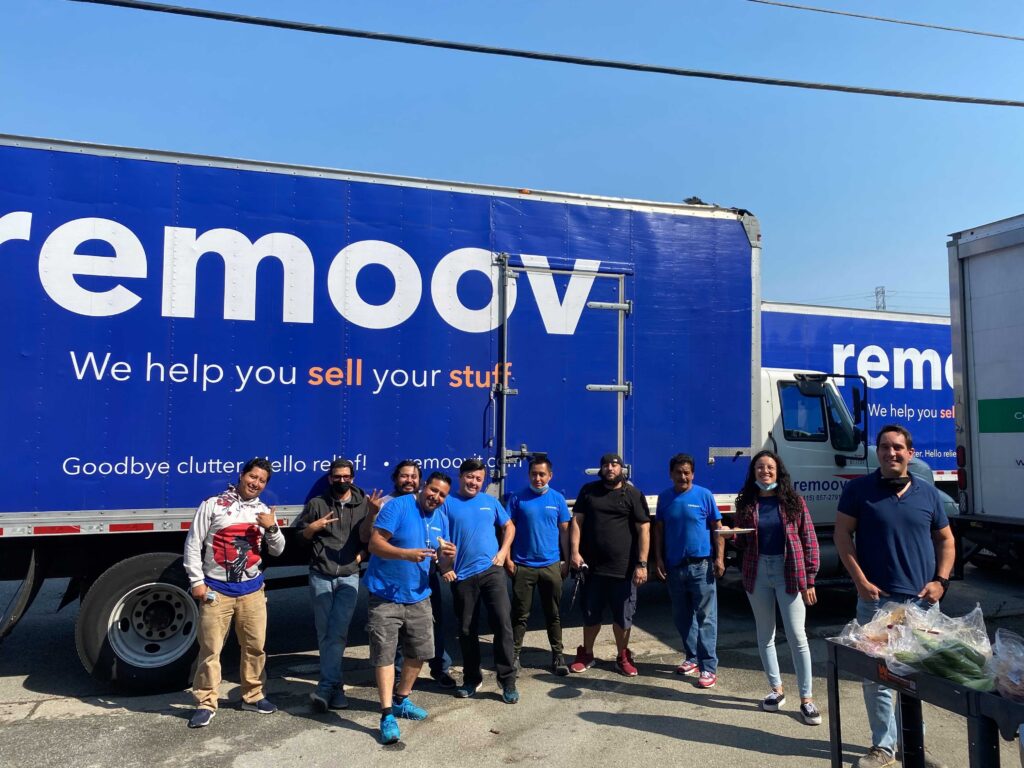
Promoting the circular economy
Recently, the United Nations released its latest report on the state of global garbage. The amount of garbage is increasing by 2.6 million tons per year around the world, on track to reach 82 million tons by 2030, a 33% increase over the 2022 figure. That’s why, Perez said, preventing items from ending up in landfills is a key mission for Remoov.
“The mission is to reduce waste by increasing reuse,” he explained. “It’s part of the circular economy movement. More than 30% of greenhouse gas emissions come from manufacturing products. It is important to keep items in circulation for longer, as this reduces the demand for manufacturing new products and increases the overall productivity of the economy.”
In terms of sustainability, the startup focuses on certain metrics. “We track three main metrics: amount diverted from landfills through resale, donations and recycling; CO2 reduction from reuse; and tree absorption equivalent,” Perez explained.
Perez also stressed his company’s commitment to local communities in which they operate.
“We partner with non-profit organizations that help local communities,” he said, adding that they also partner with local organizations and businesses, such as realtors, property managers and commercial organizations to “work toward providing more sustainable alternatives within their operations.”
AI for sustainability
Remoov is also using Artificial Intelligence (AI) to improve its operational efficiency.
“AI is the cornerstone of Remoov’s future,” the founder stressed. “In order for us to operate effectively, we are increasingly reliant on AI and automation. That includes everything from how we identify, price and resell picked inventory.”
In other areas of recycling, AI is also being implemented to improve sorting and other physical labor traditionally done by hand. According to a report from Business Insider, optical sorting robots that automate the sorting process at recycling plants can sort 1,000 pieces of recycled trash per minute, while humans can sort 50 to 80.
With the Artificial Intelligence (AI) market size expected to grow by $48.96 billion, at a rate of 46.52% between 2023 and 2028, the use of AI in other segments of recycling and home moving is not surprising.
Disclosure: This article mentions a client of an Espacio portfolio company. The article originally appeared in Latin America Reports and was re-published with permission on The Sociable.






